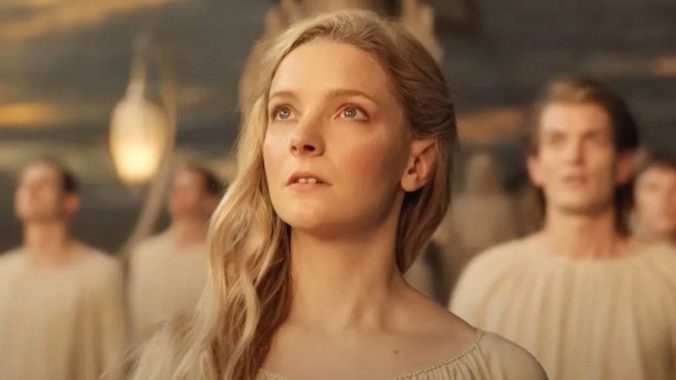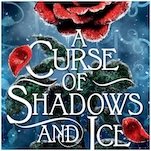Rings of Power: On Five-Year Plans, False Starts, and TV’s Second Chances
Do we have the patience for slow-burn TV?
Photo Courtesy of Amazon Prime Video
Rings of Power’s first season is a muddled eight hours of television. The Internet is rife with accounts of its play-by-play sins. The charges are, in no special order: bad Tolkien; bad characters; bad dialogue; bad pacing. Depending on the critic, the solid work of its acting troupe, VFX, and set design buy it some charity, but the objections are surprisingly uniform.
But the words “first” and “season” contain one of the strangest truths about modern TV’s architecture. Rings is in its infancy, and not even the creators know its shape. What comes after may redeem it entirely. Now, the bigger problem is whether or not anyone will notice.
If a movie burns through its first twenty minutes without interest, it’s unlikely to improve. Film critic Roger Ebert coined “Brotman’s Law” to describe this: “If nothing has happened by the end of the first reel, nothing is going to happen.” That’s not the case with TV, which works in cycles punctuated by forced intermissions. It responds to its audience in real-time as we consume it.
-

-

-

-

-

-

-

-

-

-

-

-

-

-

-

-

-

-

-

-

-

-

-

-

-

-

-

-

-

-

-

-

-

-

-

-

-

-

-

-








































